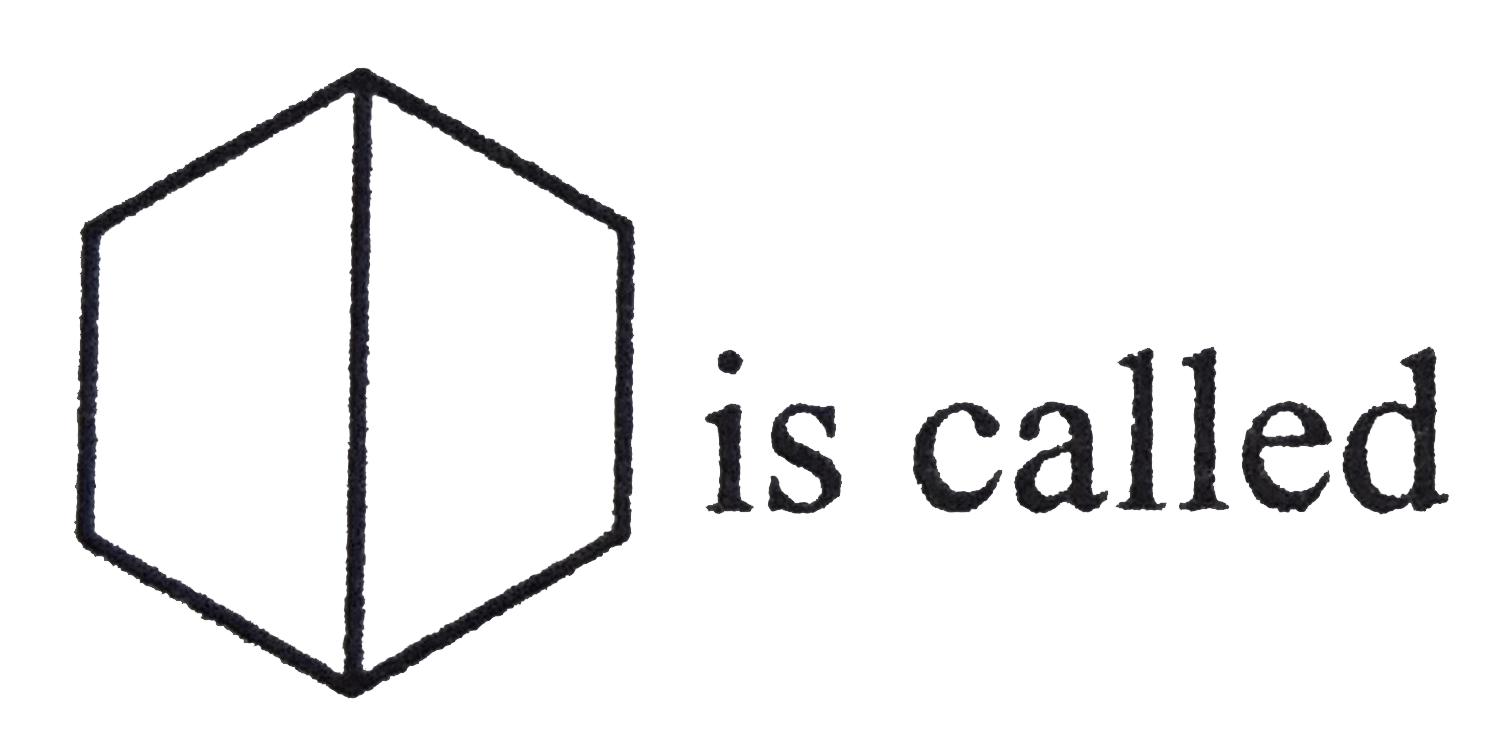 is called
is called
Bicyclohexane
Bicyclo[2.2.1] hexane
Bicyclo[2.2.0] hexane
None of these
The correct Answer is:c
Step by step video, text & image solution for is called by Chemistry experts to help you in doubts & scoring excellent marks in Class 11 exams.
Updated on:21/07/2023Topper's Solved these Questions
- CLASSIFICTION, PURIFICATION AND NOMENCLATURE OF ORGANIC COMPOUNDSBOOK - A2ZCHAPTER - CLASSIFICTION, PURIFICATION AND NOMENCLATURE OF ORGANIC COMPOUNDSEXERCISE - Purification Of Organic Compounds
52 Videos
- CLASSIFICTION, PURIFICATION AND NOMENCLATURE OF ORGANIC COMPOUNDSBOOK - A2ZCHAPTER - CLASSIFICTION, PURIFICATION AND NOMENCLATURE OF ORGANIC COMPOUNDSEXERCISE - Section B - Assertion Reasoning
19 Videos
- CLASSIFICTION, PURIFICATION AND NOMENCLATURE OF ORGANIC COMPOUNDSBOOK - A2ZCHAPTER - CLASSIFICTION, PURIFICATION AND NOMENCLATURE OF ORGANIC COMPOUNDSEXERCISE - Naming Of Cyclic Compounds
74 Videos
- CLASSIFICATION OF ELEMENTS AND PERIODICITY OF PROPERTIESBOOK - A2ZCHAPTER - CLASSIFICATION OF ELEMENTS AND PERIODICITY OF PROPERTIESEXERCISE - Section D - Chapter End Test
30 Videos
- ENVIRONMENTAL CHEMISTRYBOOK - A2ZCHAPTER - ENVIRONMENTAL CHEMISTRYEXERCISE - Section D - Chapter End Test
30 Videos
Similar Questions
If water is called air, air is called green, green is called brown, brown is called steel, steel is called red, red is called rain, rain is called tree and tree is called road, what is the colour of human blood?'
1) Red
2) Water
3) Road
4) Tree
5) Rain
View SolutionIf white is called rain, rain is called green, green is called blue, blue is called cloud, cloud is called red, red is called sky, sky is called yellow and yellow is called black, what is the colour of blood?
1) Red
2) Blue
3) Cloud
4) Sky
5) None of these
View Solution
Knowledge Check
What is the colour of the fresh grass?
I. Blue is called green, red is called orange, orange is called yellow.
II. Yellow is called white, white is called black, green is called brown and brown is called purple.Athe data in statement I alone are sufficient to answer the question, while the data in statement II alone are not sufficient to answer the question,Bthe data in statement II alone are sufficient to answer the question, while the data in statement I alone are not sufficient to answer the question,Cthe data either in statement I alone or in statement II alone are sufficient to answer the question,Dthe data given in both statements I and II together are not sufficient to answer the question,If 'white' is called 'blue', 'blue' is called 'red', 'red' is called 'yellow', 'yellow' is called 'green', 'green' is called 'black', 'black' is called 'violet' and 'violet' is called 'orange', then what would be the colour of human blood?
ARedBGreenCYellowDVioletYou are given a question and two statements. Identify which of the statements is/are necessary/sufficient to answer the question.
Question:
What is the colour of Jasmine?
Statements:
I. Blue is called white, white is called red and red is called yellow.
II. Yellow is called purple, purple is called black, white is called brown and brown is called orange.A(a) Data in I alone is sufficientB(b) Data either in I alone or II alone is sufficientC(c) Data in both I and II together is not sufficientD(d) Data in II alone is sufficient
If 'Black' is called 'Red','Red' Is called 'Brown','Brown'
is called 'Ashen','Ashen' is called 'Orange','Orange' is
called 'White' , ' White' is called ' Pink' , ' Pink' is called
'Pale' , 'Pale' is called 'Blue' , What is the colour of a tree trunk?
(a) Orange
(b) Red
(c) Pink
(d) Ashen
(e) Blue
View SolutionIf white is called blue, blue is called red, red is called yellow, yellow is called green, green is called black, black is called violet and violet is called orange, what would be the colour of human blood?
1) Red
2) Green
3) Yellow
4) Voilet
5) None of these
View SolutionIf water is called blue, blue is called red, red is called white, white is called sky, sky is called rain, rain is called green and green is called air, which .of the following is the colour of milk?
1) Air
2) Green
3) White
4) Sky
5) None of these
View SolutionIf book is called student, student is called houses, houses is called teacher, teacher is called professor, professor is called instructor, instructor is called headmaster, and headmaster is called headclerk, then who is related to school in the same way as principal is related to college?
1) headmaster
2) instructor
3) headclerk
4) professor
5) None of these
View SolutionIf clock is called television, television is called radio, radio is called oven, oven, is called grinder and grinder is called iron, in what will a lady bake in?
1) Radio
2) Oven
3) Grinder
4) Iron
5) None of these
View Solution
